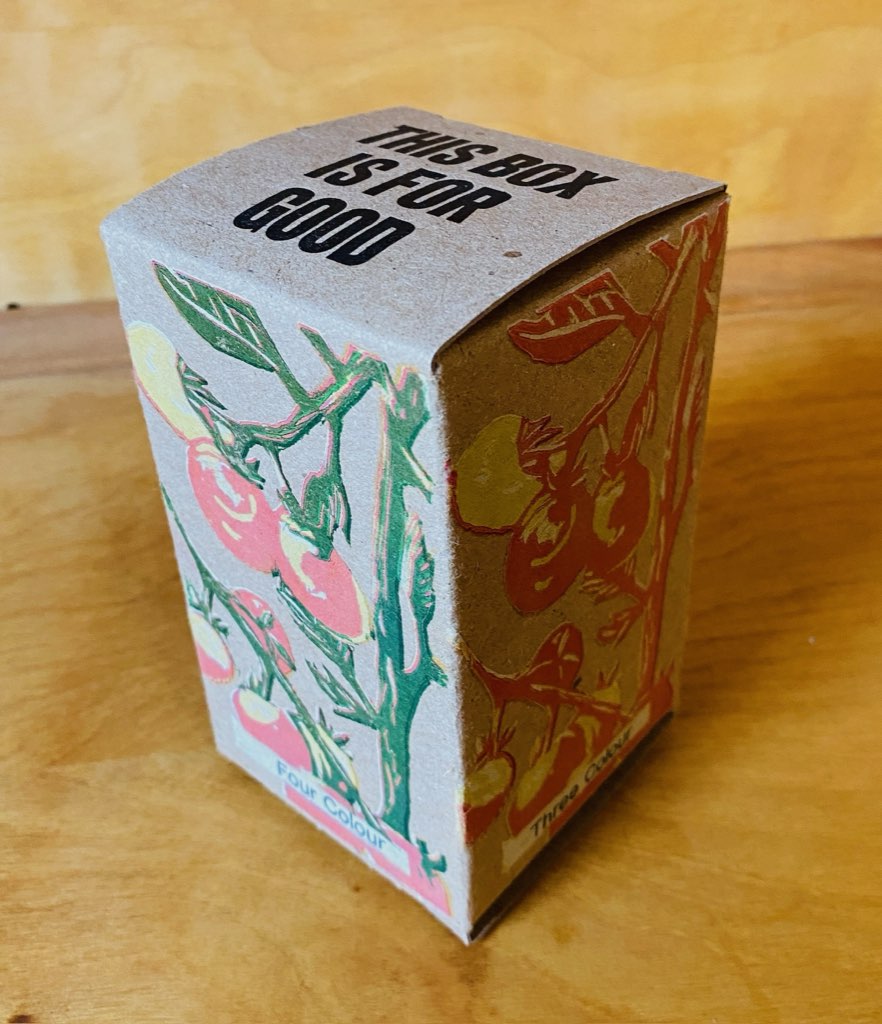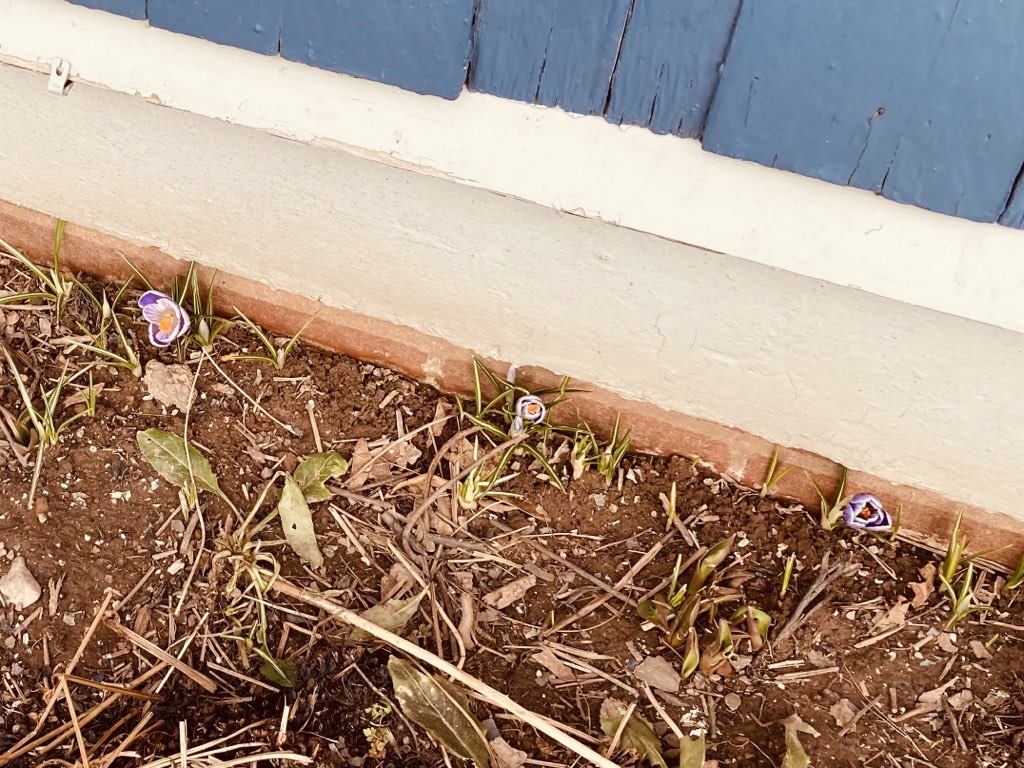I remember thinking, when Apple Pay was released in 2014, “why on earth would I want to pay for things with my phone?!”
It just seemed so cumbersome, fumbling with a phone to pay for a coffee. That’s what the things in my wallet are for!
Fast forward ten years: I don’t even bother to take my wallet when I leave home; I pay for close to 100% of what I buy with my iPhone.
Practically, this has only caused issues twice in three years.
The first time was early in my relationship with Lisa. We were out one night for a glass of wine and some oysters at a well-known Charlottetown restaurant. It was still “serious COVID time,” when eating in a restaurant required both having proof of vaccination and personal ID; although we both had our “vax passes,” neither of us had ID.
To the infinite credit of the restaurant, they allowed us to call up our respective blogs (this one, Lisa’s) on our phones by way of establishing our identities (personal publishing for the win!).
Thus, in truth, not a practical problem at all and a good story to boot.
The second time was a few weeks ago at a well-known Charlottetown hotel (managed, by coincidence, by the same group). I had popped in to pick up a book they had on sale, and, somewhat perplexingly in 2024, their payment terminal didn’t support “tap.” I simply didn’t buy the book (and will, instead, borrow it from the public library, so actually a win for me).
Otherwise it’s Apple Pay for everything.
Indeed, I’ve bought hook, line, and sinker into the “keep everything in my Apple Wallet” system; the current contents include everything from my credit card, to my vaccination records, to my library card, to my loyalty cards (after years of “do you have a Shoppers Drug Mart Optimum card?” at the cash, I relented).
The only reason I carry my wallet anymore is when I’m going to be driving, as there’s no way—yet—to carry a digital version of my license.
Coda: After writing the above, I thought to myself “hey, isn’t 2024 the expiration year of my current drivers license?” I looked in my wallet, and, sure enough, my license expires in two days. Not the worst thing in the world, but for I’m heading off travelling shortly and I want to have a current driver’s license with me. Access PEI to the rescue: in the olden days, you could just go and get a new driver’s license while you waited, but recent changes mean they’re now printed “at an offsite facility with advanced security features” and are mailed, arriving 14-30 days later. Fortunately there is the option, for an extra $23.00, to have the new license sent by courier, for arrival, said the clerk I talked to over the phone, “5 to 7 business days, but most are coming in 2 or 3.” Which is just under the wire for me (I hope).
A notice came over the wire on Monday that Prince Street would be closed on Wednesday morning for “tree maintenance.” Our street, like most of Charlottetown, has lost a lot of trees in the last few years; Queen Square, and the St. Paul’s Anglican Church yard has been particularly affected, and so I feared that we were about to lost even more trees.
In an effort to memorialize what we might lose, I propped my iPhone on the front window and set it running in “time lapse” mode. As it happens, it was just a trimming exercise; no trees came down. But the resulting time lapse video shows a truck — from The Branch Manager — that, when sped up like this, takes on a velociraptor quality.
Dave Atkinson, in yesterday’s edition of The Quack, reflecting on COVID lock-down from four years out:
I tend to think of the early lock-down era as a lovely break from life that we were all unfortunately too scared and stressed out to enjoy. I do remember saying out loud I hoped there were lessons from this era we’d carry forward when it all ended. I especially liked the feeling, for a little while, we were all on the same page.
My memories of early lock-down are coloured by grief—Catherine had died only two months before we all went on anxious furlough.
I remain unclear whether enforced isolation was ultimately helpful or harmful to my grieving self: it certainly drew Olivia and I closer together, and allowed us to take comfort in a very small life after wading through a very big life for as long as we could remember.
But I can’t help but be angry at the universe for dealing that hand at that particular time, a time when my soul wanted nothing more than freedom, spaciousness, and the universe thought it right that I be locked in my house, alone with my complicated child, to stew in the opposite of that.
Colin and Samir interviewed Jacob Collier, which led me to this BBC documentary about him. He is a fascinating phenom; clearly I’m late to the Jacob Collier party.
This little video featuring Flatland Cavalry is a delight.
We don’t have to do this like that
Comin’ at it like a heart attack
And all our tears can’t wash the hurt away
It’s a shame we had to fall this far
To find the bottom of a broken heart
Ain’t nothin’ left down this path
We don’t have to do this, have to do this like that
Be sure to watch through to the cover of Landslide.
Other than simply “being able to browse the web,” I have four specific things I need in my web browser of choice:
- Available for both my MacBook Air and my iPhone (and syncs bookmarks and browsing history between the two).
- Supports 1Password for password management.
- Supports Kagi as the default search engine.
- Supports some method for ad blocking on both desktop and mobile.
I’ve been promiscuous over the years, switching between Firefox, Camino, Opera, Safari, Chrome, using each for long periods, and then getting frustrated.
I’ve been using Safari pretty-well full time for several years, but with my recent decamping to Kagi from Google, I decided to try Orion, the browser made by Kagi itself, with both native support for its own search and built-in tracking and ad-blocking.
Orion proved an estimable drop-in replacement for Safari, and it almost checked all four boxes; it fell down, however, with 1Password support. In theory Orion does support 1Password, and it’s easy to install, requiring only a small tweak in the 1Password settings to work properly. But 1Password stopped working enough times, in weird and wonderful “open tab after tab after tab filled with error messages” ways, always, of course, at inconvenient “I need to do my banking right now” times, that I abandoned it.
I took a brief detour to Firefox, for old times sake: it has versions for macOS and iOS, syncs between the two, supports 1Password, supports switching to Kagi for search, but, because it doesn’t support extensions on mobile, didn’t support ad blocking. I’ve become so inured to an ad-free mobile web that there was no way I could continue.
So I’m back to Safari: Mac and iPhone support, of course; excellent 1Password; kludgy-but-sufficient support for Kagi via an extension that rewrites built-in Google searches; great ad blocking via Ghostery (desktop) and AdGuard (mobile).
Ann Patchett, in These Precious Days:
I hadn’t meant this as a dating strategy, but it functioned as one just the same, so I pass this along as advice: if you meet someone you like and you have the means to do so, ask that person to go with you to Vienna.


 I am
I am